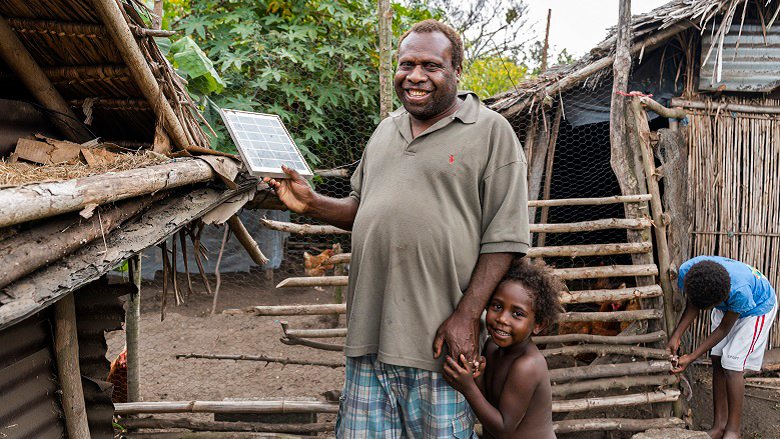Financing transformative climate action is vital for development and to support the poorest people who are most affected by climate change. But fiscal constraints faced by countries today make it more challenging to find the necessary resources.
Did you know…
- The World Bank Group delivered a record $31.7 billion in fiscal year 2022 (FY22) to help countries address climate change. This is a 19% increase from the $26.6 billion all-time high in financing reached in the previous fiscal year.
- The Bank Group continues to be the largest multilateral financier of climate action in developing countries.
- Financing for climate action in FY22 exceeded the target set in the Group’s Climate Change Action Plan for 2021-2025 to deploy an average of 35% of the institution’s financing in support of climate action: it reached 36% of total Bank Group financing.
- IBRD and IDA together delivered $26.2 billion in FY22 in climate finance.
- Building resilience to climate shocks is a priority. Nearly half of the Bank’s finance—$12.9 billion—supported investments in adaptation and resilience.
- IFC, the private sector arm of the World Bank Group, delivered an unprecedented $4.4 billion in climate finance and mobilized an additional $3.3 billion from other sources.
- MIGA, the World Bank Group’s political risk insurance and credit enhancement arm, delivered $1.1 billion in climate finance in FY22.
- The Bank’s first Country Climate and Development Reports (CCDRs) are examples of our ongoing effort to help countries integrate climate and development objectives and prioritize the most impactful actions that can reduce greenhouse gas emissions and boost adaptation,
- The Bank Group’s climate finance is calculated based on the agreed joint Multilateral Development Bank methodology: we count only the share of financing directly tied to climate action across all Bank Group projects.
- In FY22, the Bank is also making its first disclosure aligned with the framework developed by the Task Force on Climate-related Financial Disclosures (TCFD) in its annual report, joining IFC and MIGA which have produced TCFD-aligned disclosures since Fiscal Year 2018 and Fiscal Year 2021, respectively.
